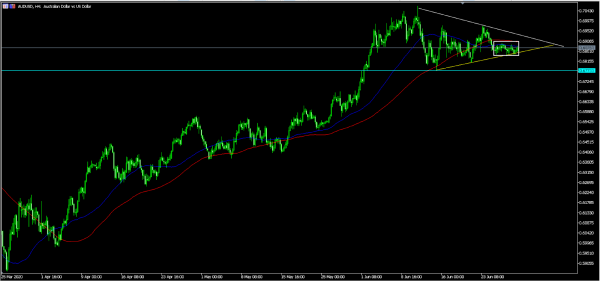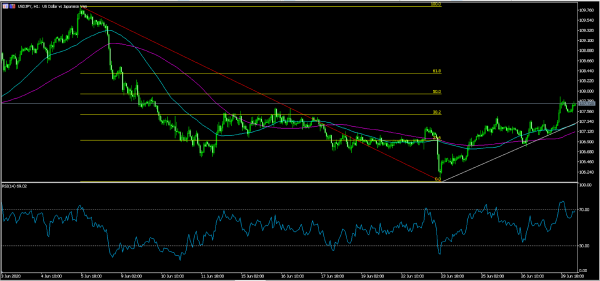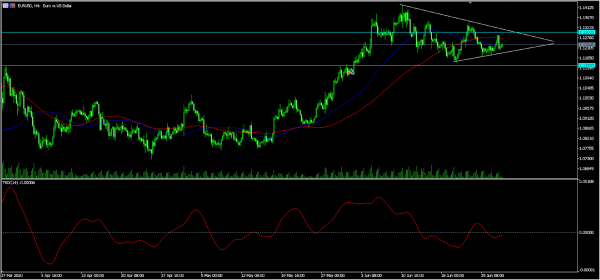The Australian dollar rose as investors reacted to the latest manufacturing PMI data from China. According to China Logistics, the country’s manufacturing PMI rose to 50.9 in June from the previous 50.6. The non-manufacturing PMI rose from 53.6 to 54.4 in June. These numbers were better than analysts were expecting and are a signal that business activity is normalizing in the country. Tomorrow, we will receive the Chinese PMI data from Caixin and Australian PMI number from AIG.
The Japanese yen eased slightly in the Asian session as traders reacted to mixed economic data from Japan. Numbers from the statistics office showed that the country’s unemployment rate rose from the previous 2.6% to 2.9% in May. Analysts polled by Reuters were expecting the rate to jump to 2.8%. The jobs to applications ratio dropped from 1.32 to 1.20. Meanwhile, the preliminary industrial production numbers for June declined by 8.4% after falling by 9.4% in the previous month.
The euro rose slightly during the Asian session ahead of key economic data from Europe. We will receive the preliminary inflation data from France and the eurozone. These numbers are important because they help the ECB in setting interest rates for the region. Analysts expect the headline CPI to remain unchanged at 0.1% and the harmonized indices of consumer prices (HICP) to fall to 1.1% from the previous 1.1%. From the United States, we will receive the consumer confidence data from the Conference Board. Also, Fed’s Jerome Powell will testify to congress.
EUR/USD
The EUR/USD pair rose slightly to a high of 1.1243 in the Asian session. On the four-hour chart, the pair is forming a triangle pattern and is along with the 50-day exponential moving averages. The Triple Exponential Moving Average (TRIX) has moved close to the neutral line. As shown below, the pair’s triangle pattern is not nearing the tip, which means that the consolidation is likely to continue as traders wait for the official nonfarm payrolls data.
AUD/USD
The AUD/USD pair remained in a tight range during the Asian session. On the four-hour chart, the price is along with the 50-day exponential moving average. Also, as with the EUR/USD pair, it has formed a triangle pattern. However, this triangle pattern is showing some consolidation in the lower side, as shown by the white rectangle. This means that the potential breakout direction will be in the lower direction. If this happens, the pair is likely to test the important support at 0.6775.
USD/JPY
The USD/JPY pair rose to an intraday high of 107.72. On the hourly chart, the price is above the 50-day and 100-day EMAs. It is also close to the highest point since March 10, while the RSI has moved close to the overbought level of 70. The price is also between the 50% and 38.2% Fibonacci retracement level. Most importantly, the USD/JPY pair is on an ascending upward trend as shown by the white trendline. This means that the price is likely to continue rallying so long as it is above this line.

